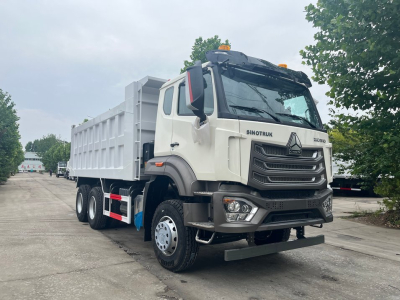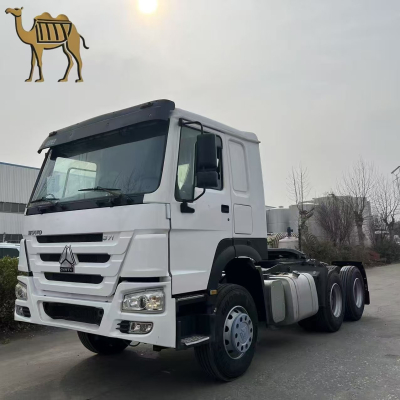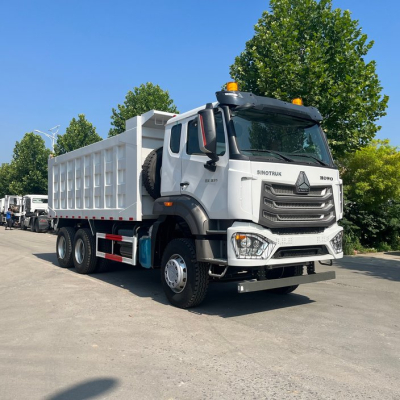Flatbed Semi Trailer Buying Guide: What You Need to Know Before Shipping to Saudi Arabia
Flatbed Semi Trailer Buying Guide: What You Need to Know Before Shipping to Saudi Arabia
Purchasing a flatbed semi-trailer is a significant investment, and when your operations involve shipping to Saudi Arabia, there are unique considerations that can impact everything from compliance to efficiency. This guide will walk you through the essential factors you need to know to make an informed decision.
1. Understanding Saudi Arabian Regulations and Standards
Saudi Arabia has specific regulations governing vehicle imports and road usage. Non-compliance can lead to severe penalties, delays, and additional costs.
Vehicle Import Regulations:
Age Restrictions: Saudi Arabia often imposes age restrictions on imported vehicles. While this primarily targets passenger cars, it's crucial to verify if any similar restrictions apply to semi-trailers. Generally, newer trailers are preferred and easier to import.
Customs Duties and Taxes: Be prepared for import duties and Value Added Tax (VAT) which are levied on imported goods. These can significantly add to the overall cost. Research the current rates for commercial trailers.
Documentation: You will need a comprehensive set of documents, including the original bill of sale, certificate of origin, commercial invoice, packing list, and any required certifications (e.g., ISO, conformity certificates).
2. Flatbed Trailer Specifications for Saudi Arabian Conditions
The climate and infrastructure in Saudi Arabia demand specific features from your flatbed trailer.
Durability and Construction:
High-Strength Steel: Given the demanding conditions and potential for heavy loads, a trailer constructed from high-strength steel (e.g., Q345B, T700) will offer greater durability and longevity.
Corrosion Resistance: The coastal areas of Saudi Arabia can have high humidity, increasing the risk of corrosion. Consider trailers with enhanced paint systems, galvanization, or rust-resistant coatings.
3. Sourcing and Logistics Considerations
The process of purchasing and shipping the trailer itself requires careful planning.
Reputable Manufacturers/Suppliers:
Experience with Middle East Markets: Prioritize manufacturers or suppliers with experience exporting to Saudi Arabia or the broader Middle East. They will be more familiar with the necessary documentation, shipping procedures, and regional preferences.
After-Sales Support and Parts: Ensure the supplier offers reliable after-sales support and has readily available spare parts in Saudi Arabia or through efficient international shipping. This is crucial for minimizing downtime.
Customs Clearance and Local Agents:
Experienced Customs Broker: Engage a reputable customs broker in Saudi Arabia. Their expertise will be invaluable in navigating the complex customs clearance process, ensuring all documentation is correct, and expediting the release of your trailer.
Local Agent/Representative: Having a local agent or representative on the ground can significantly streamline the process, from dealing with port authorities to arranging inland transportation.














